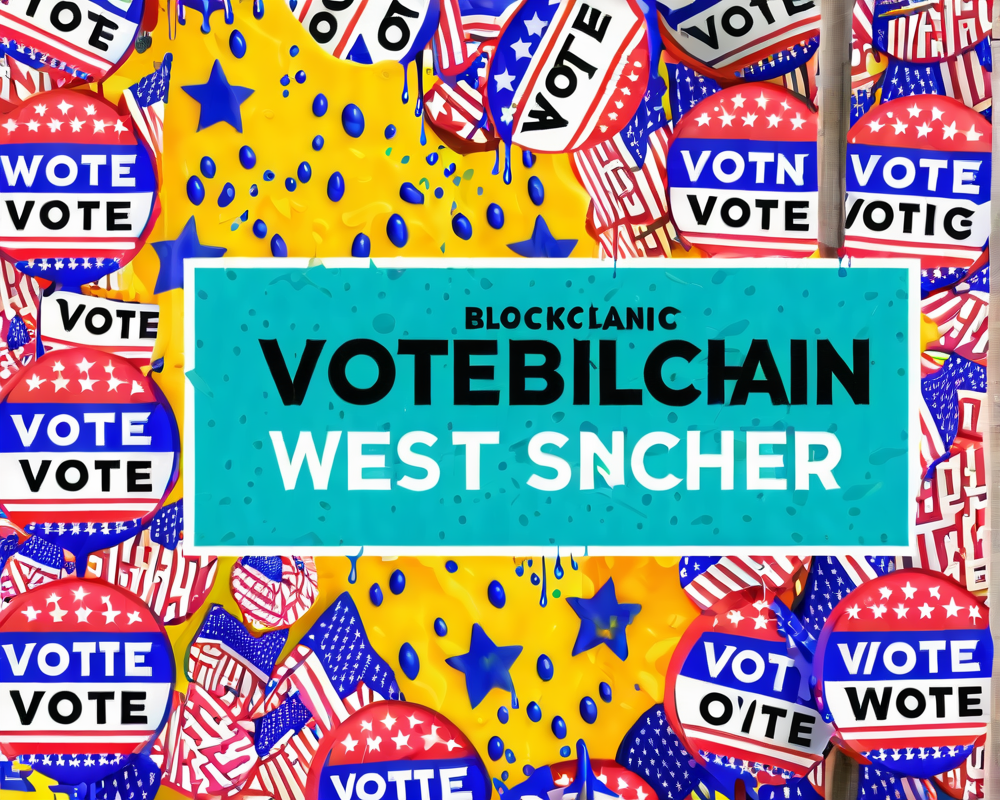Blockchain Voting: A New Era in Democracy
In what may seem like a page from a futuristic sci-fi novel, US voters are on the brink of casting their ballots using blockchain technology for the first time. Set to make history, this groundbreaking development is taking place in West Virginia. With the primary elections looming, registered military voters in two counties are now able to embrace the power of their smartphones to vote securely.
The Nitty-Gritty of the Pilot Project
This ambitious pilot was formally launched on March 23 and will run until May 8 as military voters engage in a new voting adventure. This trial is not an isolated endeavor, but rather a collaboration involving various notable players: the West Virginia Secretary of State’s office, tech provider Voatz, and philanthropic organizations like Tusk/Montgomery Philanthropies and New America. Together, they aim to revolutionize how we think about voting.
How Does It Work?
Imagine casting your vote with just a few taps on your screen — sounds easy, right? Eligible voters will need to arm themselves with either a compatible Apple or Android device along with a validated State or Federal ID. Voilà! You’ve unlocked access to the secure world of blockchain voting.
A Step Forward, or a Leap into the Unknown?
While this pilot project is a significant milestone for the United States, it does raise an eyebrow or two. The concept of mobile voting and blockchain may seem alien to those accustomed to traditional voting methods. However, with reports of various countries, such as Estonia, already harnessing the power of blockchain for elections, it puts the US in a bit of a catch-up game.
A Global Perspective on Blockchain Voting
Other nations, like Brazil, Denmark, South Korea, and Switzerland, are already taking bold steps along this path. The realization that secure blockchain voting isn’t just a theoretical concept is palpable — it’s already making waves globally. Meanwhile, the US has been a bit of a tortoise in this race. But with efforts like those in West Virginia, we see the first glimmers of change.
Enhancing Trust and Accessibility
The quest for improved accessibility and voter confidence is at the core of this initiative. West Virginia Secretary of State Mac Warner, who authorized this mobile voting pilot, envisions a future where voting is as simple as sending a text. The hope is that this technology could not only enhance participation in elections but also improve the integrity of the voting process.
Conclusion: Are We Ready?
As the May 8 polling day approaches, we can’t help but marvel at the implications of this mobile voting trial. Will it set a precedent for future elections, or will the skeptics prevail? Only time will tell. For now, West Virginia is poised to lead the charge — let’s keep an eye on how this experiment unfolds.




